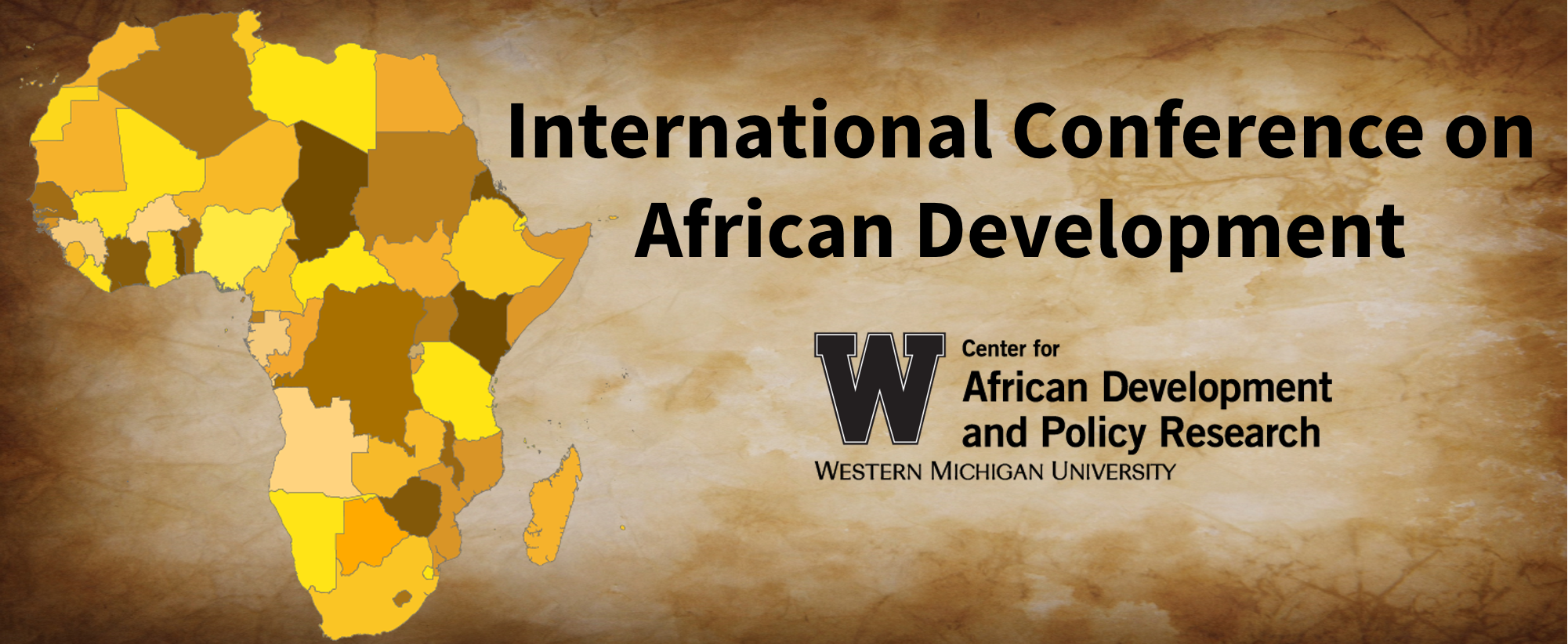5.1 The Effect of Women’s Employment on Marital Instability: The Case of Rural Women in Central Oromia, Ethiopia
Presenter's country
Ethiopia
Start Date
17-8-2018 3:30 PM
End Date
17-8-2018 4:30 PM
Location
Bernhard Center, 105-107
Submission type
Abstract
Abstract
Due to increasing women’s job opportunities as a result of increasing access to education and the expansion of export industries in the country, Ethiopian rural women have had wider chances of engaging in income earning activities. This paper examines the effects of women’s employment on marital instability using retrospective longitudinal data collected from 765 women residing in rural villages of a specific district located in central Oromia, Ethiopia who have an employment history. Data were analyzed using descriptive statistics, Kaplan Meir’s Plot and discreet event history modelling. Qualitative data were also collected to countercheck the statistical findings and explain outcomes multi-dimensionally. The results show that wage employment significantly affected socio-cultural settings in the community by increasing marital instability because it allowed wives to escape unhappy marriages while self-employment did not have significant effects.
5.1 The Effect of Women’s Employment on Marital Instability: The Case of Rural Women in Central Oromia, Ethiopia
Bernhard Center, 105-107
Due to increasing women’s job opportunities as a result of increasing access to education and the expansion of export industries in the country, Ethiopian rural women have had wider chances of engaging in income earning activities. This paper examines the effects of women’s employment on marital instability using retrospective longitudinal data collected from 765 women residing in rural villages of a specific district located in central Oromia, Ethiopia who have an employment history. Data were analyzed using descriptive statistics, Kaplan Meir’s Plot and discreet event history modelling. Qualitative data were also collected to countercheck the statistical findings and explain outcomes multi-dimensionally. The results show that wage employment significantly affected socio-cultural settings in the community by increasing marital instability because it allowed wives to escape unhappy marriages while self-employment did not have significant effects.


